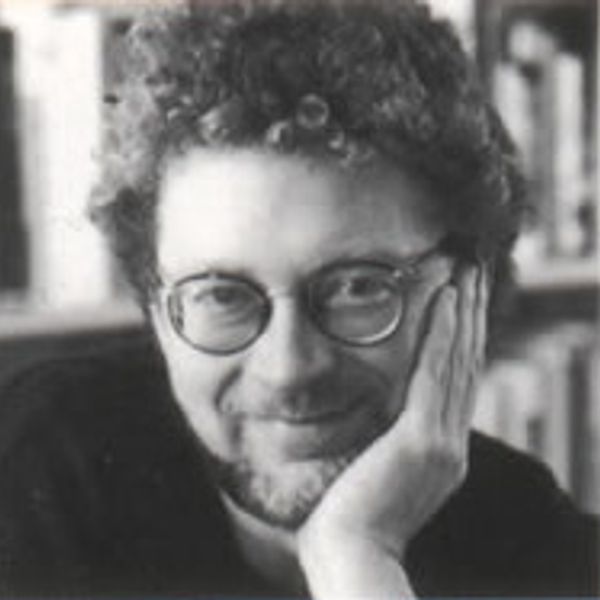Art by Jin Suk
Introduction to a Special Feature: On the Experience of Reading
All my life I have feared drudgery. When Sharon Dunn first suggested that I edit a section of essays for this issue, my monitors went to red alert. I promptly sought the path of least resistance. I picked a broad topic—reading—and then contacted those writers that I knew, or knew of, who might have something interesting to say and who might be induced to say it for the not-exactly-princely sum that a small journal can afford to pay. I was asking, in short, for a labor of love. And half the people I contacted came through with just that.
What follows is a miscellany, ranging from a short prose poem that Christopher Middleton kindly and spontaneously pencilled into a letter, to a lengthy and abstractly fascinating meditation by Thomas Frick. Stanley Cavell, renowned philosopher and self-confessed “bookaholic,” generously excerpted a section from work-in-progress. Jonathan Galassi found time in his busy editorial day to assemble some notes from the perspective of a professional reader. William Corbett and I fenced with pencils in a neighborhood bar—I was most happy to get his reflections. I credit all of the above with pushing me off in my own direction. I’m not sure whether publishing oneself in one’s own issue is done; but, to put it in the past perfect, it has been. The observant reader will notice, too, a lengthy essay from Seamus Heaney. As a discussion of Irish poetry, it falls outside the parameters intended; as a canny feat of reading, it is the target’s bulls-eye.
It is hardly accidental that so many of the pieces gathered here come in the form of “notes.” Books, as most of these readers would acknowledge, exceed even the material world in diversity. One can no more imagine writing an essay on reading than one can imagine an essay entitled, in all seriousness, “The World.”
Cambridge, Massachusetts
May 1985

Sven Birkerts
Sven Birkerts is coeditor of AGNI. He is the author of eleven books: An Artificial Wilderness: Essays on 20th Century Literature (William Morrow), The Electric Life: Essays on Modern Poetry (William Morrow), American Energies: Essays on Fiction (William Morrow), The Gutenberg Elegies: The Fate of Reading in an Electronic Age (Faber & Faber), Readings (Graywolf), My Sky Blue Trades: Growing Up Counter in a Contrary Time (Viking, 2002), Reading Life (Graywolf, 2007), Then, Again: The Art of Time in the Memoir (Graywolf, 2008), The Other Walk (Graywolf, 2011), Changing the Subject: Art and Attention in the Internet Age (Graywolf, 2015), and The Miro Worm and the Mysteries of Writing (Arrowsmith Press, 2024). He has edited Tolstoy’s Dictaphone: Writers and the Muse (Graywolf) as well as Writing Well (with Donald Hall) and The Evolving Canon (Allyn & Bacon).
He has received grants from the Lila Wallace-Reader’s Digest Foundation and the Guggenheim Foundation. He was winner of the Citation for Excellence in Reviewing from the National Book Critics Circle in 1985 and the Spielvogel-Diamonstein Award from PEN for the best book of essays in 1990. Birkerts has reviewed regularly for The New York Times Book Review, The New Republic, Esquire, The Washington Post, The Atlantic, Mirabella, Parnassus, The Yale Review, and other publications. He has taught writing at Harvard University, Emerson College, Amherst College, Mt. Holyoke College, and the graduate Bennington Writing Seminars, which he directed for ten years. He lives in Amherst, Massachusetts. (updated 4/2025)
